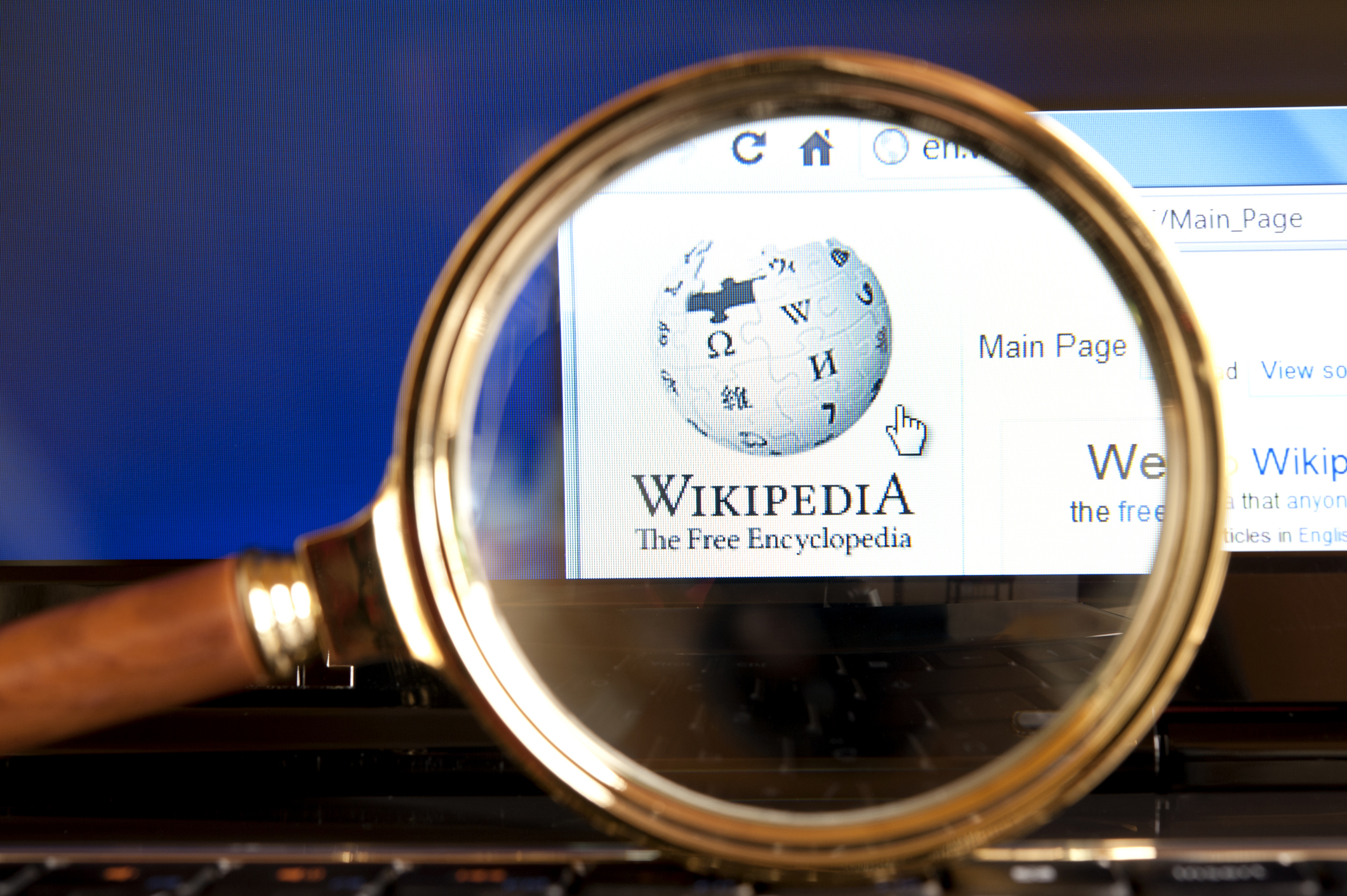European press publishers have accused Google of systematically reducing traffic to media websites and called on the European Commission to take urgent action.
In a joint letter, four major industry associations, the European Newspaper Publishers Association (ENPA), the European Magazine Media Association (EMMA), the European Publishers Council (EPC) and European News Media, expressed “deep concern” over Google’s recently updated “Site Reputation Abuse” (SRA) policy.
The new policy, introduced at a “critical moment” for the European media sector, was meant to fight “manipulative” SEO tactics such as the practice known as “parasite SEO”, where unrelated third-party content was hosted on news sites to boost search rankings.
Speaking to Brussels Signal on April 17, Google argued the changes improved user experience and complied with the bloc’s regulations.
“We’ve heard very clearly from users that site reputation abuse – commonly referred to as parasite SEO – leads to a bad search experience for users and this policy update helps to crack down on this behaviour,” a Google spokesperson said.
“We enforce our spam policies through a careful review process, which includes a well-defined reconsideration process for affected site owners.
“A German court has dismissed these claims before, specifically finding that the application of our policy was not discriminatory,” the spokesperson added.
While Google claimed this change was intended to protect users and clean up search results, publishers said it was having unintended and damaging consequences for the press.
According to the joint statement, there was evidence that Google was using this policy to reduce the online reach of news outlets across Europe.
“In recent months, compelling evidence has emerged indicating that Google has been systematically reducing the reach of media outlets through opaque manual penalty adjustments and inconsistent enforcement of its policy,” the four news groups said on April 15 in a statement.
They said the enforcement was “opaque” and inconsistent, affecting even those websites that maintained full editorial control over their third-party content.
Since the rollout of the SRA policy a couple of months ago, media organisations in Spain, France, Germany, Italy and Poland have reported dramatic drops in search visibility, especially for smaller outlets.
The publishers argued that undermined press freedom, reduced the diversity of voices available to the public and could seriously harm the future of independent journalism and freelancers.
“Legal experts warn that this policy could render freelance journalism nearly invisible online,” their statement said.
“It threatens both the entrepreneurial freedom of media houses and the pluralism essential to a healthy democracy.”
Several affected media outlets have already filed formal complaints with the EC.
The publishing associations have urged Brussels to launch a full investigation and to take swift measures to ensure fair treatment of news providers in digital ecosystems.
Faced with this issue, European news groups in theory could stop using Google’s services by removing their sites from search results or dropping Google tools but doing so would be a major risk.
For most media outlets, has Google remained the number one driver of web traffic and stepping away from its ecosystem could result in major losses of audiences and revenues.
Given Google’s dominant position – it holds over 78 per cent of the global search engine market and has done so for more than a decade – even large media organisations have limited leverage without collective action across the industry.





